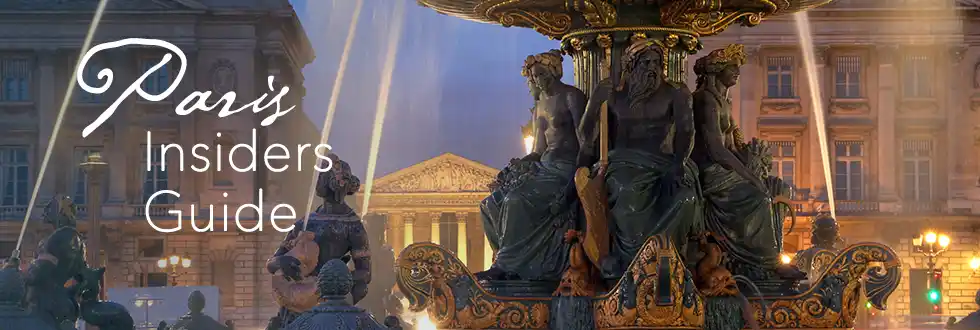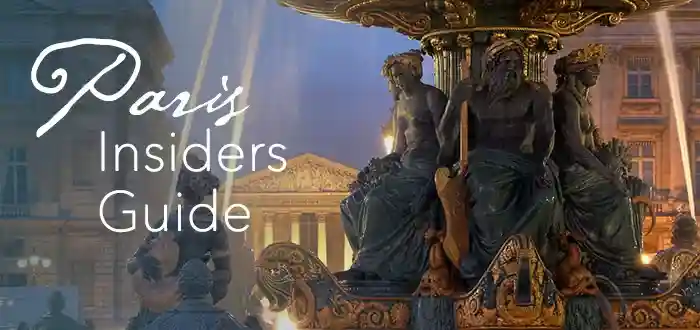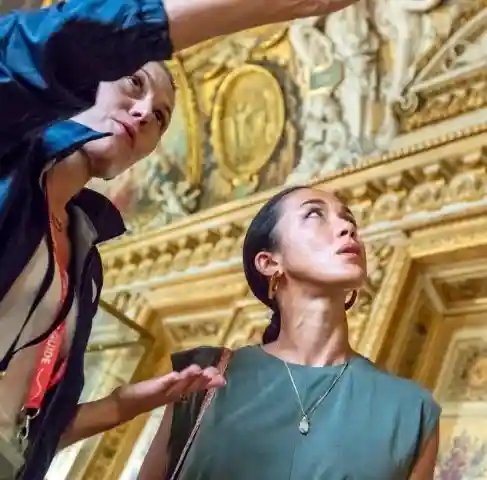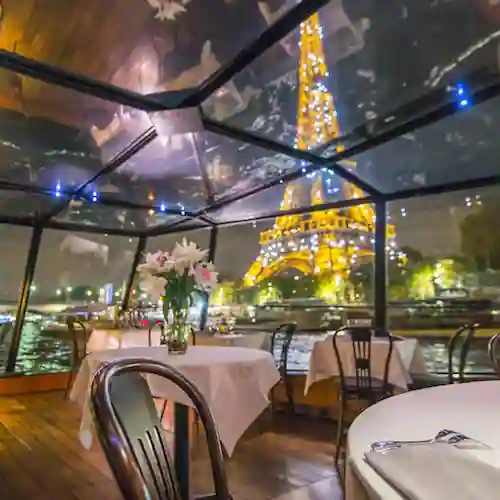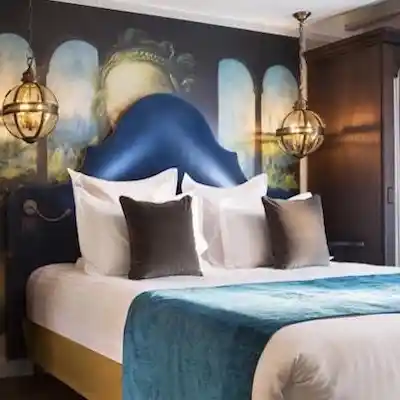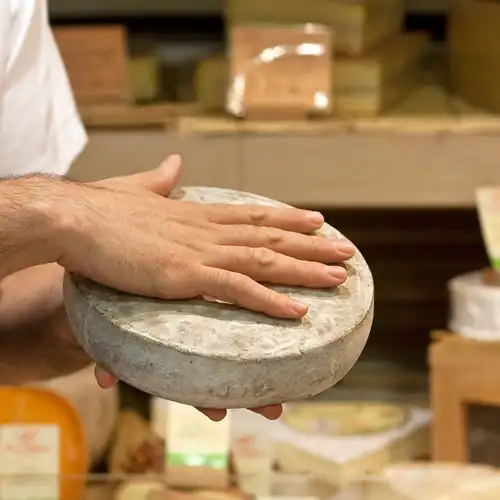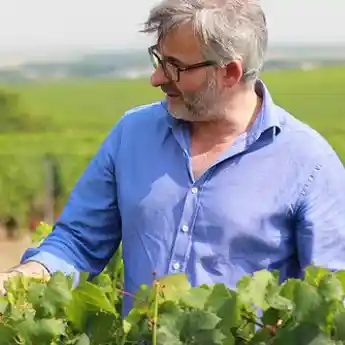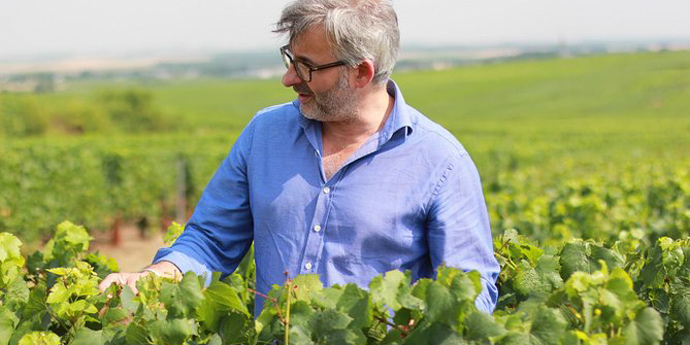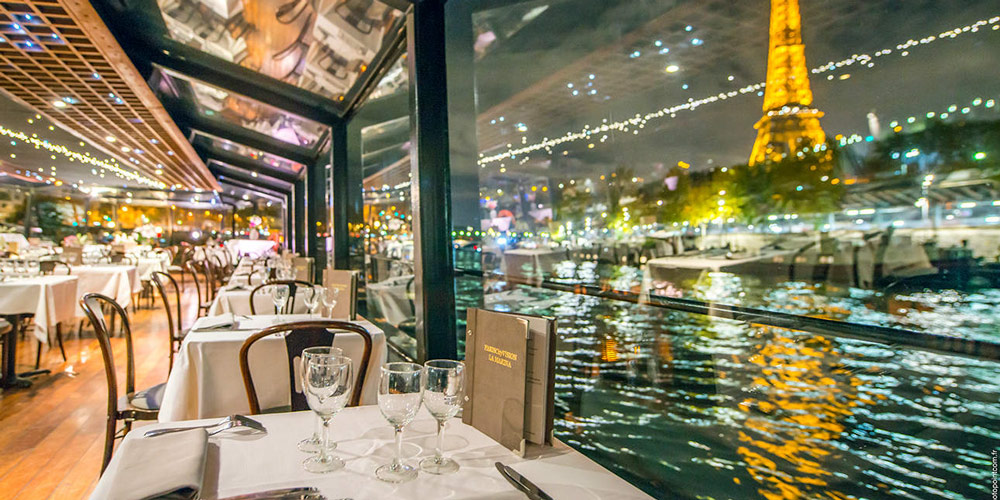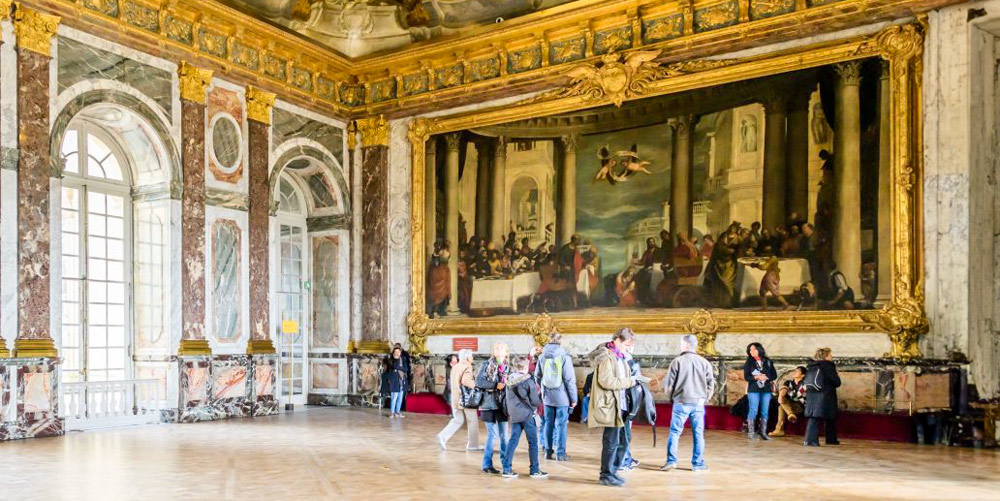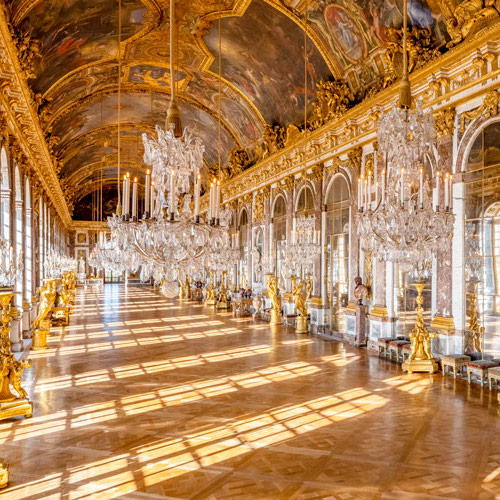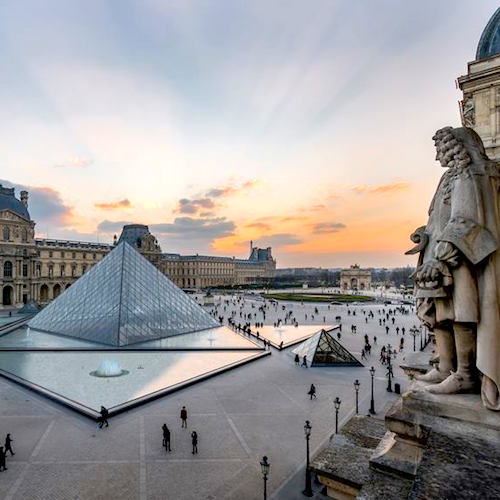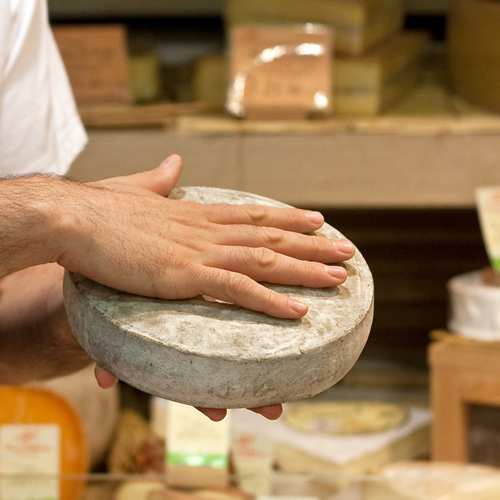Parc Rives de Seine – Transforming The River Banks Into Green Space
In the autumn of 2016, in the rush to return to work after the summer holidays, 43,000 motorists were speeding along the Right Bank quais of the Seine River — every single day. The riverfront in the center of this beautiful city had, since the mid-20th century, been given over to automobiles — from the Louvre to Bastille.
Six months later this same stretch was filled with grass and trees, restaurants, and shops offering bike rentals and sustainable Paris souvenirs. There was not a car to be found. Paris had reclaimed the river banks for its people. Both the Left Bank and the Right Bank were now a 24-acre, car-free green space, Parc Rives de Seine — the Park of the Banks of the Seine.
![]()
Discover What's On When You're Here...
• January... |
• February... |
• March... |
• April... |
• May... |
• June... |
• July... |
• August... |
• September... |
• October... |
• November... |
• December... |
Discover What's On When You're Here
• January...
|
• February... |
• March... |
|---|---|---|
• April... |
• May... |
• June... |
• July... |
• August... |
• September... |
• October... |
• November... |
• December... |
Parc Rives de Seine – An Urban Riverside Park
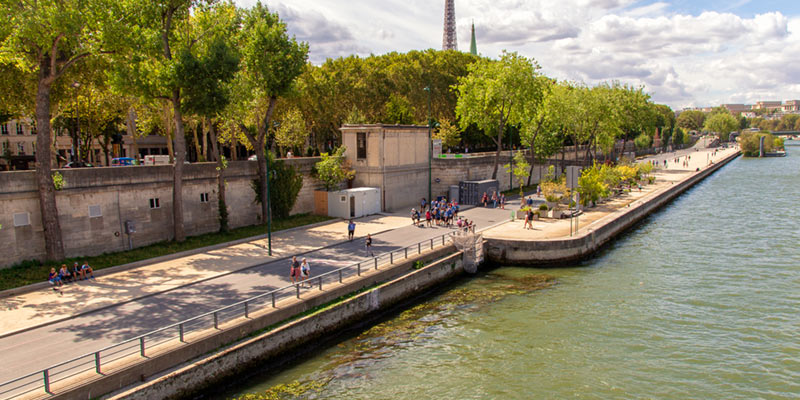 Parc Rives de Seine, Left Bank, photo by Mark Craft
Parc Rives de Seine, Left Bank, photo by Mark Craft
Where speeding cars once blocked access to the banks of the Seine you can now ride a bike, walk, run, or stroll along seven kilometres of pathways and parkland that stretches along the river from Place de la Bastille in the east to the Eiffel Tower in the west, crossing the river at a couple bridges along the route. This new green initiative, called the Parc Rives de Seine, is just one of the reasons we say that Paris keeps getting better.
There's more to do than walking or riding in the new riverside parkland. There are restaurants and cafés both on the banks and on boats moored along side. Near the Pont Louis-Philippe, the bridge than connects Île-St-Louis to the Right Bank are five boules courts (the game played with steel balls that is properly called pétanque in France).
![]()
|
Escape to the Land of Bubbly on a small-group day tour from Paris. Taste at top Champagne houses, meet boutique producers, enjoy a leisurely lunch, and toast to a perfectly sparkling day. |
|
Escape to the Land of Bubbly on a small-group day tour from Paris. Taste at top Champagne houses, meet boutique producers, enjoy a leisurely lunch, and toast to a perfectly sparkling day. |
![]()
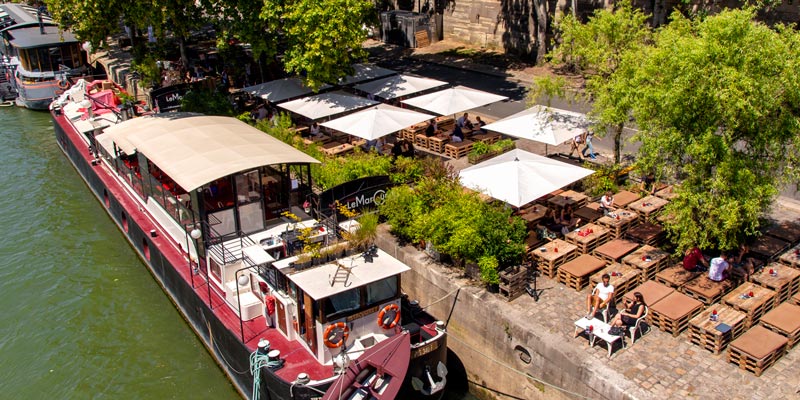 Parc Rives de Seine, Right Bank, photo by Mark Craft
Parc Rives de Seine, Right Bank, photo by Mark Craft
![]()
Is your mobile phone running out of juice? Power it up at one of the pedal-powered recharging stations. On the Left Bank side we found facilities for sports, like a sprinting track and a climbing wall for children — of course there are playgrounds as well. All of this has been augmented with 13,000 square feet of newly-planted lawn and thousands of plants and trees.
Spending time along the Seine on a beautiful summer day in Paris is a new joy for us, and one we're not soon to tire of. There's a renewed feeling of life and activity, both on the banks and on the river itself as we watch the bateaux and the Batobus cruise by. Being in Paris, along the Seine, in the peace and quiet of the new urban park — well, we can't help but smile.
![]()
|
Paris Dinner Cruises on the Seine Dine in style as you glide past the Eiffel Tower, Notre-Dame, and the Louvre on a magical Seine River cruise. Gourmet food, champagne, and Paris lit up at night – it’s unforgettable. |
|
Paris Dinner Cruises on the Seine Dine in style as you glide past the Eiffel Tower, Notre-Dame, and the Louvre on a magical Seine River cruise. Gourmet food, champagne, and Paris lit up at night – it’s unforgettable. |
The Rise and Fall of the Riverside Automobile
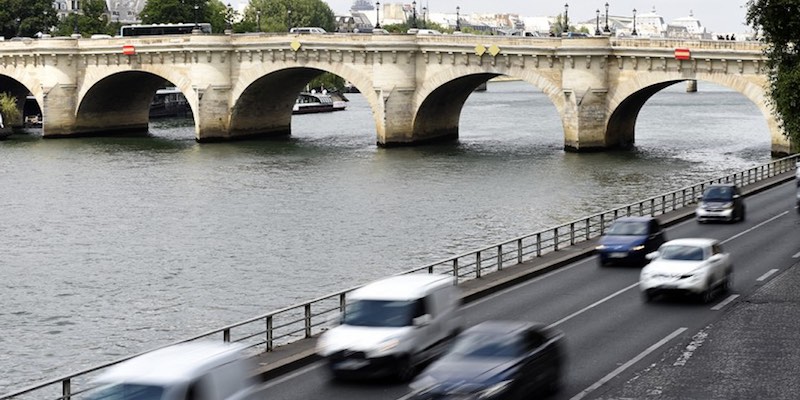 Right Bank of the Seine in 1966
Right Bank of the Seine in 1966
From the 1930s to the 1970s there was a rush — a mania — to make Paris and other cities adapt to the automobile, promoted by urban planners (like Corbusier) and politicians (like French president Georges Pompidou). It was in this period that expressways were built along the river to cross central Paris east-west. Quais on the Right Bank and the Left Bank were converted into high-speed motorways, pedestrians be damned.
It could have been worse. Pompidou's plan to build eight expressways cutting through the heart of the city was cut short by his death, by the opposition of his successor Giscard d'Estaing, and by an increasing public unease. A proposal to expand the river expressway on the Left Bank along the foot of historic Notre Dame Cathedral met with strong public opposition and was defeated. In 1991 the banks of the Seine were declared a UNESCO cultural site, giving a boost to those who wished to reclaim the waterfront.
![]()
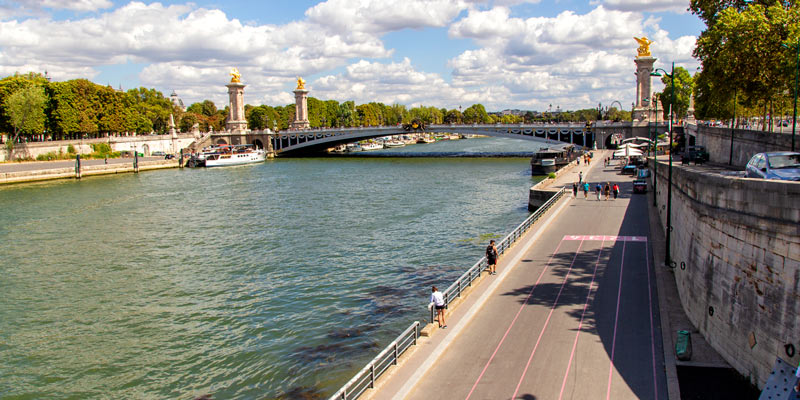 Right Bank of the Seine in 2018, photo by Mark Craft
Right Bank of the Seine in 2018, photo by Mark Craft
![]()
Under Paris Mayor Bertrand Delanoë (2001 to 2014) urban planning began to change for the better. Among other progressive initiatives, Delanoë introduced plans for the greening of the river banks. It was in this period that the summer-long Paris Plages converted the Right Bank highway into a beach where pedestrians could lounge on sand beneath palm trees, play volleyball, and get a taste of what a human-scale river bank would be like.
In 2013 the less-busy Left Bank motorway was closed to traffic and converted to the first part of the riverside park, from Musé d'Orsay to the Pont d'Alma. This first piece of what is of the Parc Rives de Seine is called Promenade des Berges de la Seine and you can find signs in front of d'Orsay directing you down to the walkway.
![]()
|
Trade Paris bustle for royal grandeur on a guided Versailles tour. Skip the lines, wander the gardens, and peek inside Marie Antoinette’s private estate. History never looked this good. |
|
Trade Paris bustle for royal grandeur on a guided Versailles tour. Skip the lines, wander the gardens, and peek inside Marie Antoinette’s private estate. History never looked this good. |
![]()
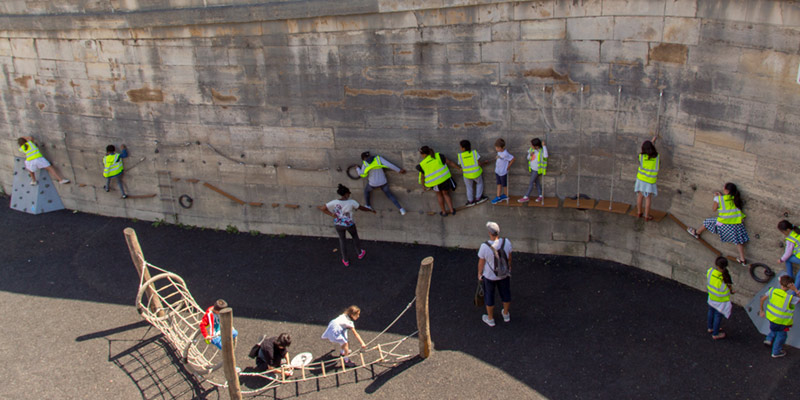 Gym class at Parc de Rives de Seine, photo by Mark Craft
Gym class at Parc de Rives de Seine, photo by Mark Craft
![]()
Of course there was an outcry from motorists, but largely (we observe) from taxi drivers and from commuters who didn't live in Paris but drove into the city every day for work. Undeterred, Delanoë's successor, Mayor Anne Hidalgo, continued conversion of the busy Right Bank highways into green space. At the same time she also introduced other pedestrian-friendly ideas like car-free Sundays on Champs-Elysées and plans to create more space for trees and pedestrians on seven of the city's major places, or squares.
"We need to give more space to those who want to live in a more peaceful city, with fewer cars and less stress," Hidalgo said in 2015.
Paris getting better? You bet!
![]()
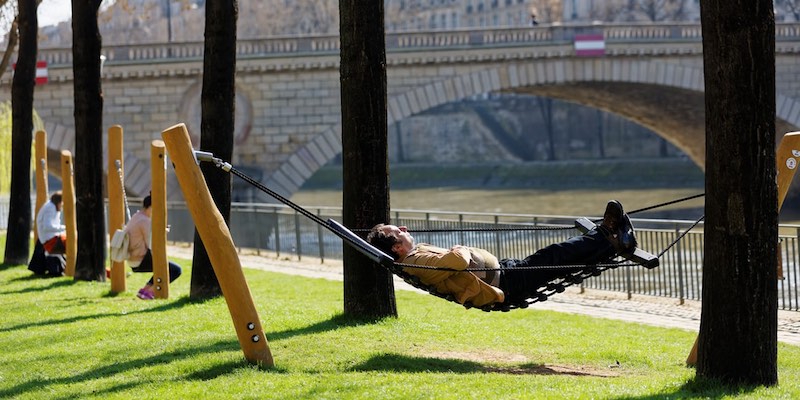 The banks of the Seine today, photo Ville de Paris
The banks of the Seine today, photo Ville de Paris
Paris Planning Guides
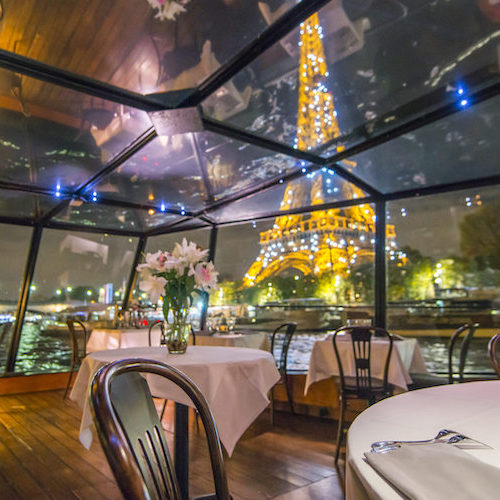 Glorious Dinner Cruises
Glorious Dinner Cruises |
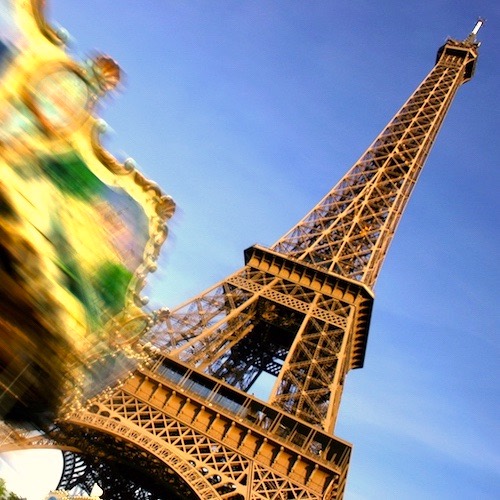 Skip the Tower Lines
Skip the Tower Lines |
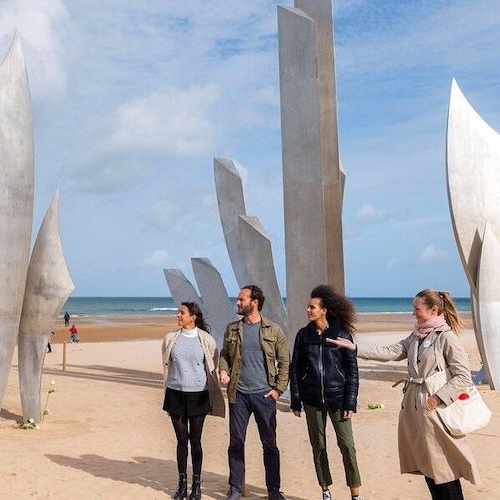 Historic D-Day Tours
Historic D-Day Tours |
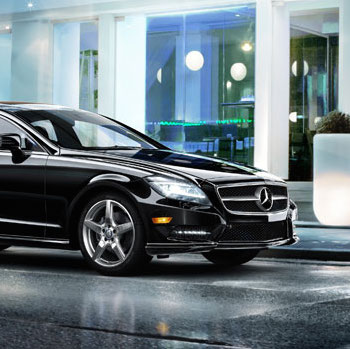 Book an Airport Transfer
Book an Airport Transfer |
